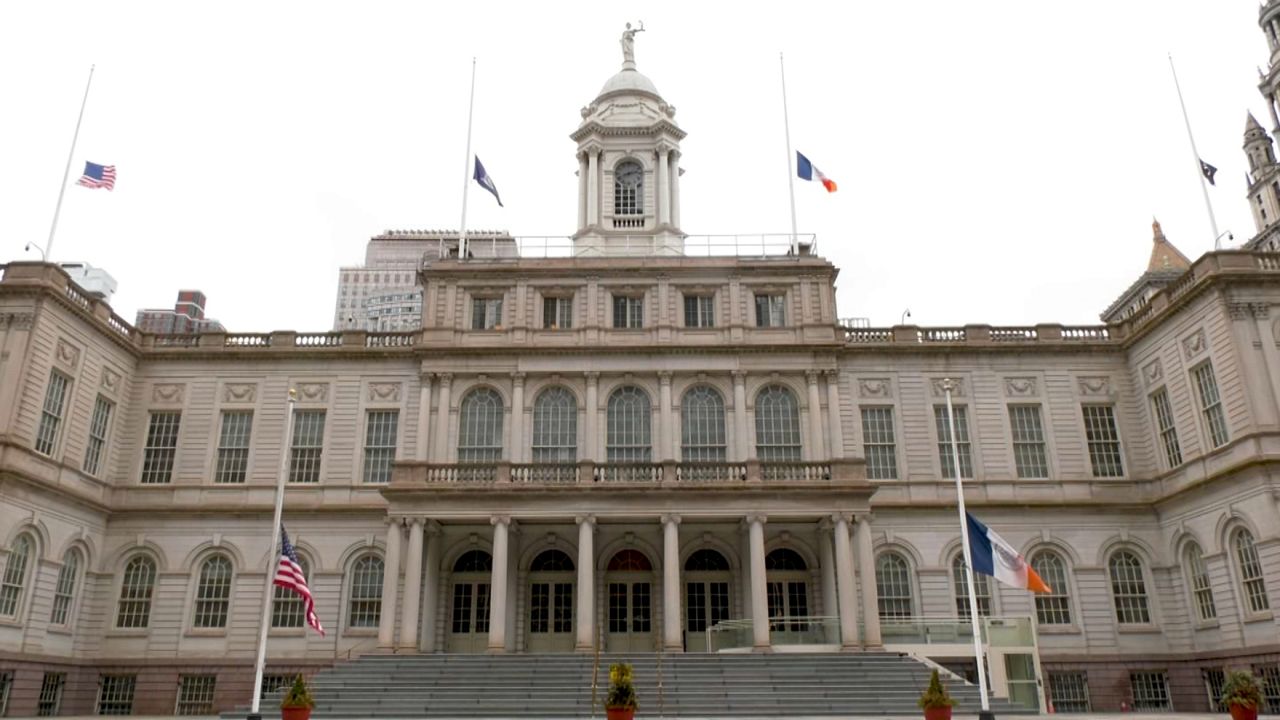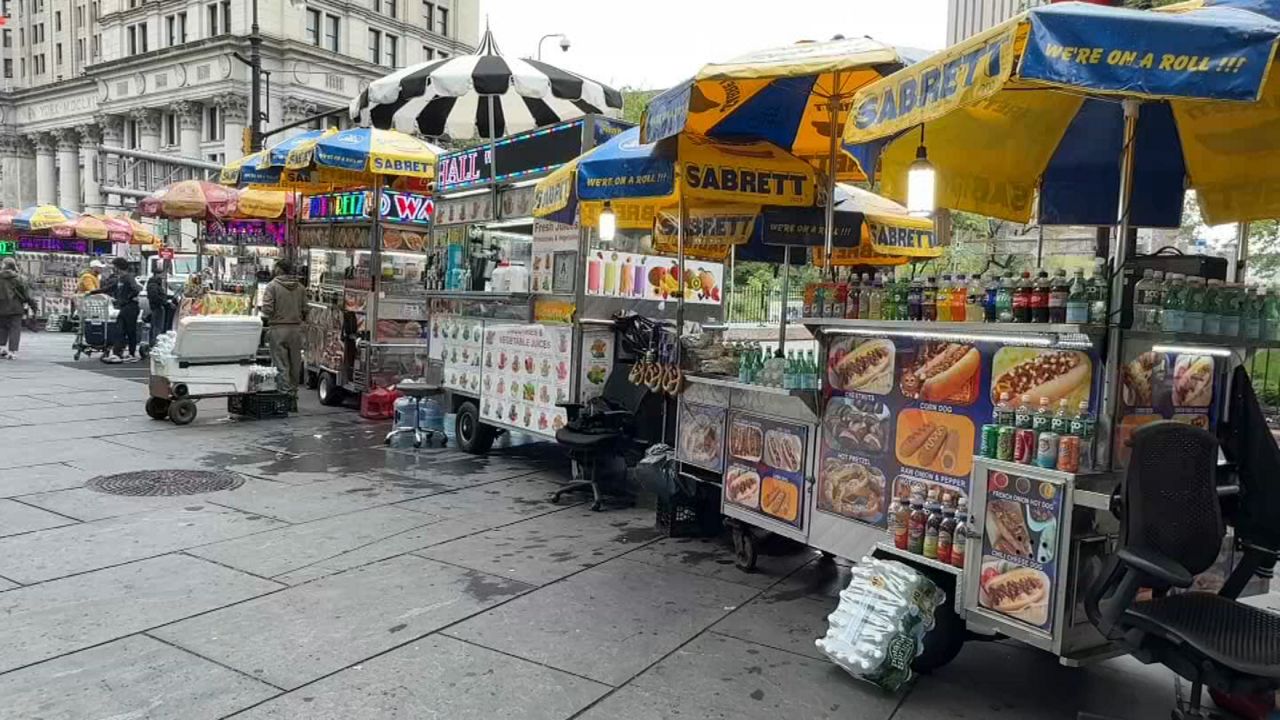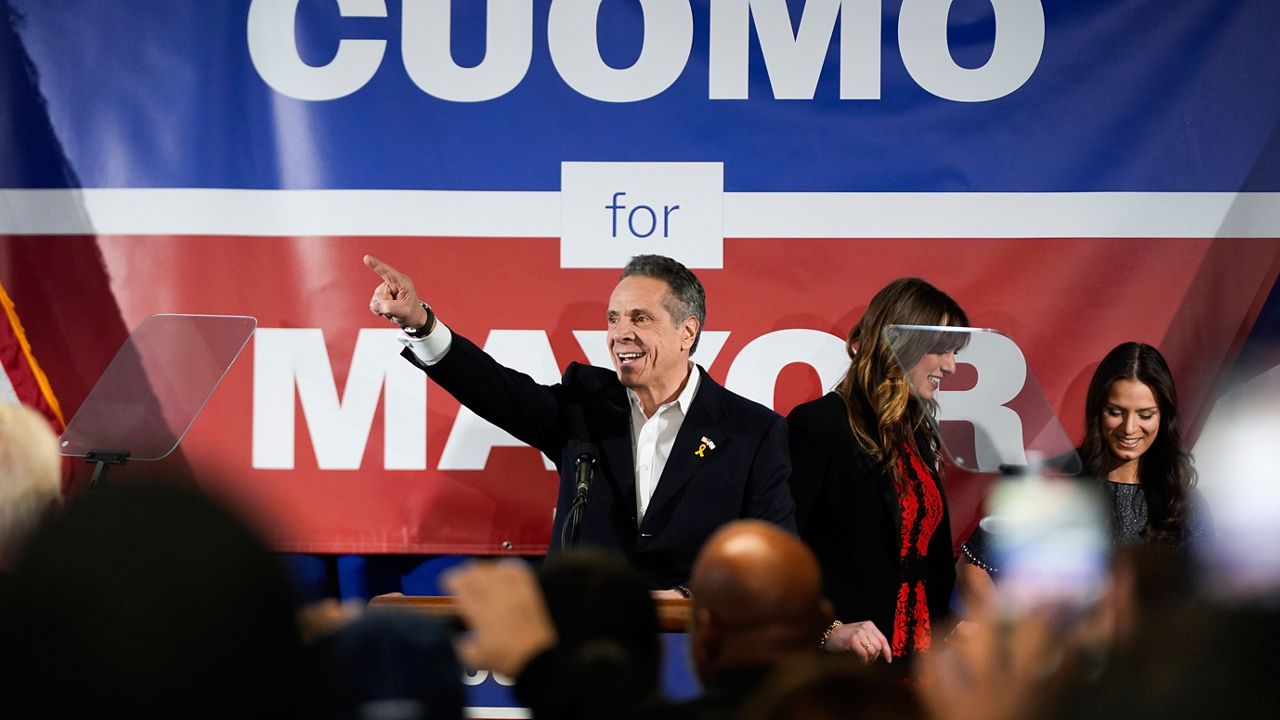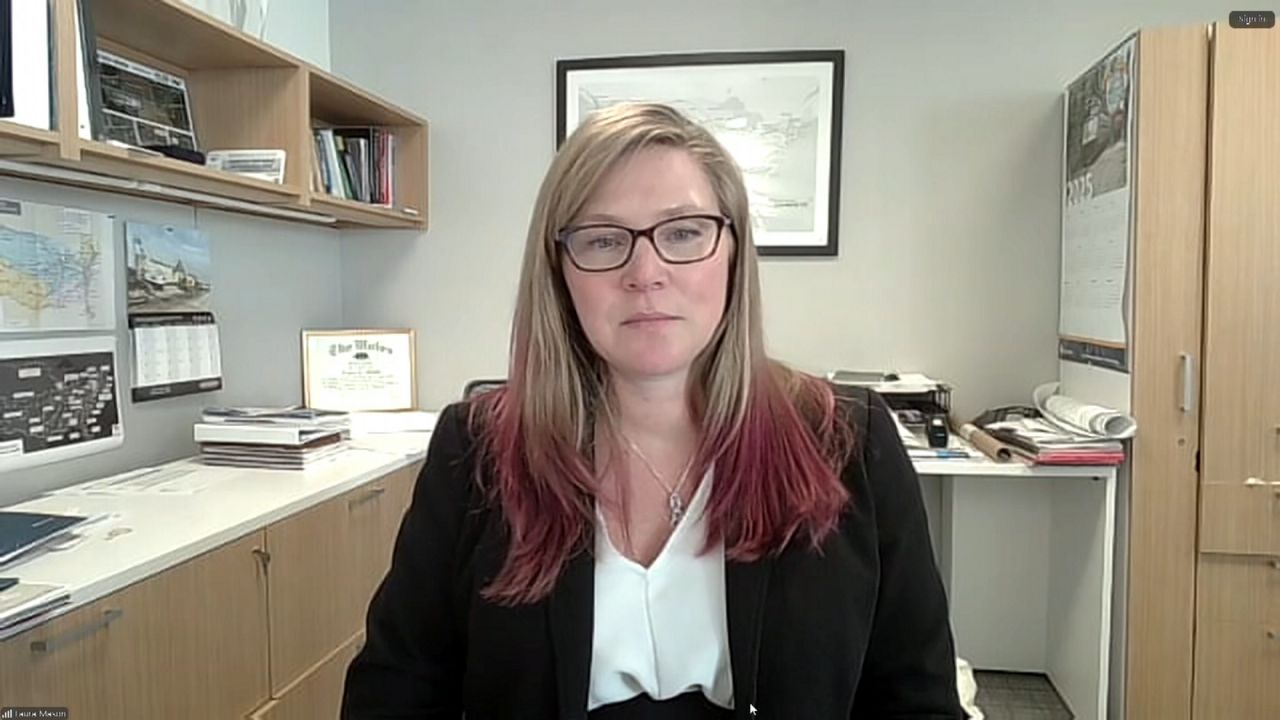Reparations for descendants of slaves are one step closer to becoming a reality in New York City.
“It’s what our city and communities deserve. We need honesty and understanding of the historical legacy of slavery in New York City,” City Council Speaker Adrienne Adams said.
What You Need To Know
- On Thursday, a bill aiming to address slavery reparations passed by a vote of 41 to 8
- New York is not the first city to look into reparations — some are exploring direct payments, others are looking to invest in communities
- The reparations study would document the harms of slavery and its legacies in the city, identify associated rights violations and recommend potential legal, policy and other measures to help remedy or readdress associated harms
On Thursday, a bill aiming to address that passed by a vote of 41 to 8.
“Past harms continue to resonate today, manifesting in systemic inequalities,” Councilmember Farah Louis said.
Louis is the bill’s sponsor. She said the impacts of slavery still pervade the daily lives of Black New Yorkers.
“Enslavement and its aftermath evolved into systemic forms of oppression that continue to impact lives today, including redlining, environmental racism and underfunded services in predominately Black neighborhoods,” Louis said.
The city’s enslaved population was second only to Charleston, South Carolina, according to the NYC Department of Records and Information Services. The state was also the second-to-last northern state to abolish slavery.
“The reparations study would document the harms of slavery and its legacies in the city, identify associated rights violations and recommend potential legal, policy and other measures to help remedy or redress associated harms,” Adams said.
In a statement, the New York Civil Liberties Union said in part: “It is past time for New York City to take a hard look at and reckon with our past in order to build a more promising future where all New Yorkers are afforded the same access to opportunities, grace and prosperity.”
Of the dissenting votes, Republican Council Minority Leader Joseph Borelli is quoted in the New York Post saying: “If they can introduce me to one New Yorker who owned a slave, I’d be happy to consider it. But until then, I am not paying a dime as a reparation for a harm I did not cause, nor condone, nor once participate in.”
If Mayor Eric Adams vetoes the bill, it takes a two-thirds vote of the Council to make the bill law. There’s no indication of his plans either way.
New York is not the first city to look into reparations — some are exploring direct payments, others are looking to invest in communities.





_CG_Mayors_Race_050725)
_CG_GOP_Comptroller_Primary)
_Pkg_Street_Vendor_Rally_CG_-_000217_-_023800)


